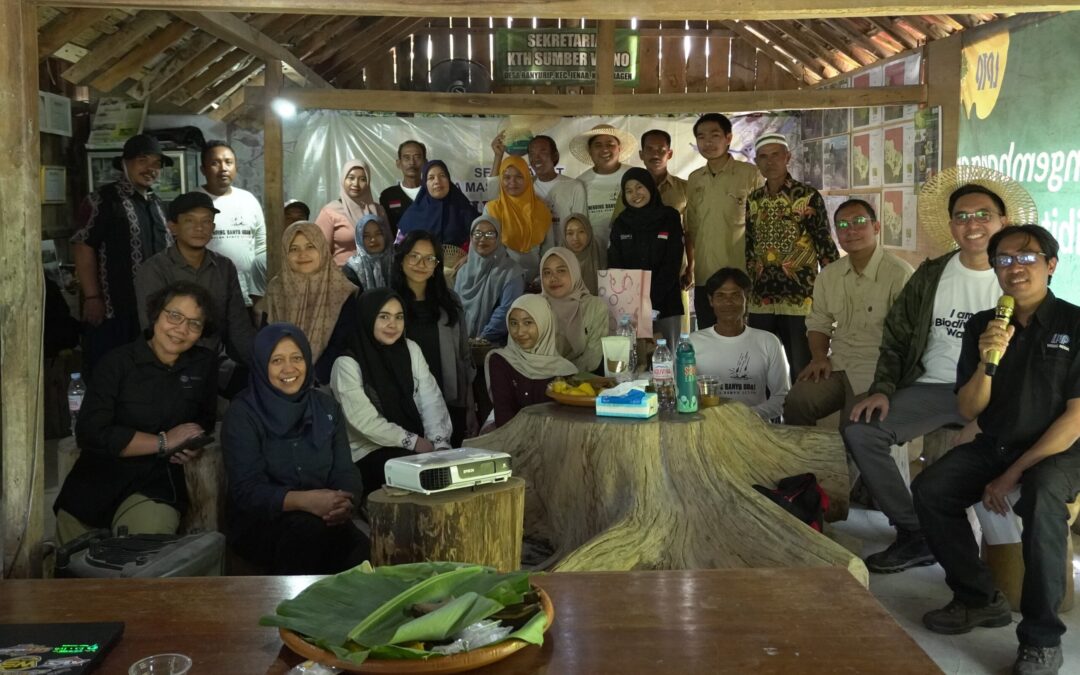Surakarta, August 2025 — Primahesti Gitri Z., a 6th-semester Social Welfare student at the Faculty of Social and Political Sciences (FISIP), University of Jember, is currently completing an internship with the Rural Technology Development Institute (LPTP) in Central Java. This community-based program places students directly in villages to assist, conduct research, and strengthen local communities.
During her internship, Prima is based in Banyurip Village, Sragen Regency, a key location for LPTP’s initiatives in social forestry, strengthening productive business groups, and natural resource conservation. Gitri, as she is known on campus, has been involved in a wide range of activities, including producing “Wana Herba” instant ginger, facilitating community meetings, making brown sugar, observing Rainwater Harvesting Installations (IPAH), harvesting sword beans and sorghum, building soil erosion barriers (rorak), and practicing avocado grafting at a local nursery.
Beyond her community engagement, Prima is also responsible for documenting activities, mapping local potential like tubers, and creating SWOT profiles for village business units. LPTP’s approach is based on Participatory Action Research (PAR), which empowers community members to be active agents of social change. Prima shared her perspective on the broad career opportunities for social welfare graduates:
“Being here has been an incredible experience; it’s like discovering something new. I get to work with experts in their respective fields, and that’s what makes us so complementary. This has solidified my belief that the job opportunities for social welfare graduates are incredibly vast, especially if you’re willing to explore. I love a challenge, so I tend to step out of my comfort zone to see how far I can go and grow in new areas. ‘Getting a head start’ has always been my way to gain new insights and, hopefully, inspire my juniors to go further and introduce more people to Unej’s Social Welfare program.”
Through her experience at LPTP, Prima hopes more social welfare students will be brave enough to take on roles in non-conventional sectors. “Social work isn’t just for social organizations or the government. We can be part of communities, NGOs, and even empowerment institutions that focus on appropriate technology and food security. Our knowledge is flexible and can be applied in many fields,” she added.
The internship has expanded Prima’s professional network and provided hands-on experience in integrating academic theory with practical fieldwork. For Prima, this has been her best internship experience yet, as it proves that social welfare graduates can contribute significantly to various lines of sustainable development.

